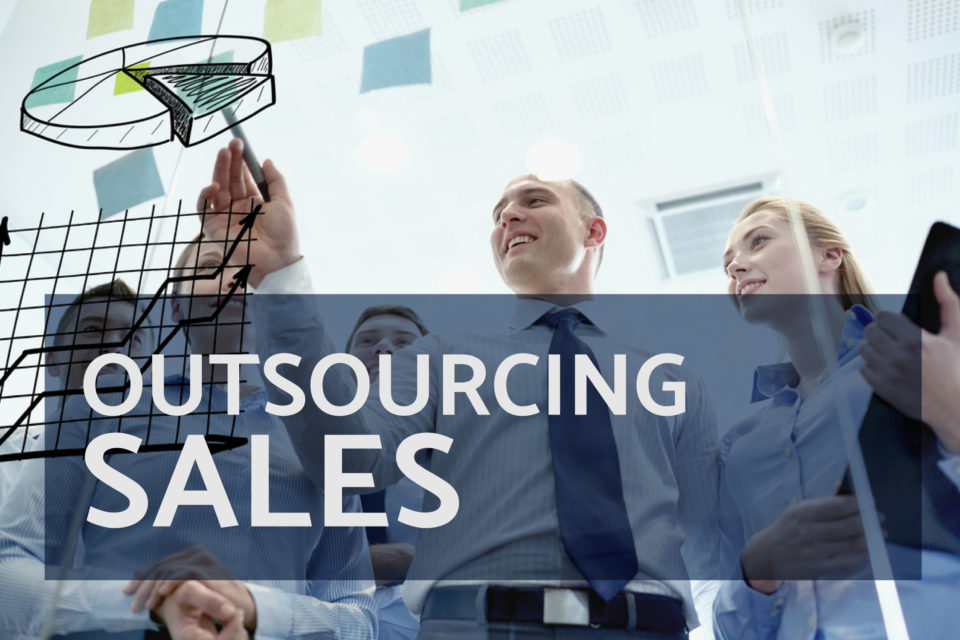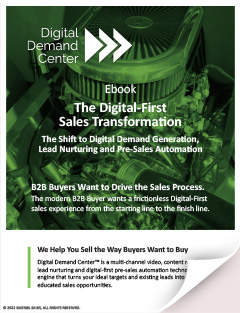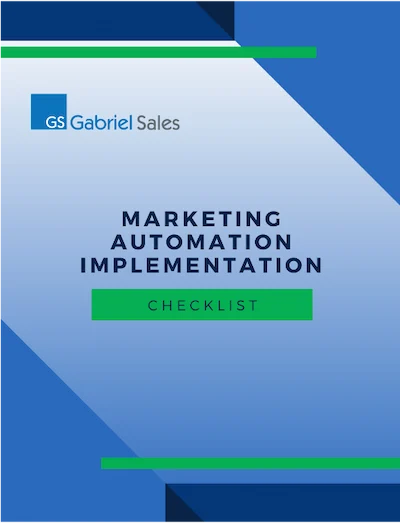
Learn how your sales outsourcing company can advise you on your CRM
We work with many small businesses and one of the questions we get over and over again is: “What should we do with our CRM when sales outsourcing?”
When we talk to most small businesses without a CRM in place we typically get two responses:
- The first is that “we tried a CRM and no one used it” or “it was too complicated”.
- The second is that “we are using spreadsheets or some other basic system” and its working fine.
So they ultimately want to know if they will need a CRM for sales outsourcing to produce the best results. It really comes down to five issues:
- What kind of lead volume are you working with, and are you using a marketing automation platform?
- How many sales reps will we be passing leads to?
- How far you want your outsource sales team to take the deals into the funnel?
- What are your growth targets?
What kind of lead volume are you working with, and are you working with a marketing automation platform.
What kind of lead volume are you working with? If you are a small business and only need to close 6 to 24 deals a year, then you will probably need to generate approximately 100 to 200 Sales Accepted Leads (deals where you are engaging in conversations with next steps) annually. In many cases, you can manage these leads internally with spreadsheets.
This is especially true if you have a marketing automation solution that can be referenced to track the buyer’s digital footprint to score leads. It will also track the buyer’s engagement with emails as part of your sales outsourcing process. You can also leverage this automation system to manage and prioritize your early stage leads, and to capture inbound leads for your efforts. Once a buyer is getting serious, you can move them to your spreadsheet.
If you are typically only managing less than 10 active deals with concrete next steps at a time, and you only have owners or one rep managing the close, you don’t necessarily need a CRM.
If your products or services require heavy transactional sales efforts and you are closing multiple deals per month, the rule of thumb is that you will need 10 sales accepted leads for every deal you end up closing. This quickly leads to being able to manage and prioritize 500 to 1000 leads annually. A spreadsheet will quickly overwhelm you and your team with even the most diligent internal rep. If you are using a sales outsourcing team, reporting will become difficult. Therefore, identifying a CRM investment to support both your internal sales team and outsourcing team would be prudent.
How many internal sales reps will we be passing leads to?
If you are an owner of the company and are responsible for closing business, and have a tracking system that works for you, then you can stick with that system.
If you are not involved with sales on a daily basis, then you need to consider a CRM and enforce that your sales rep use that CRM to keep detailed notes.
You also need a CRM if you have multiple reps. You will be able to save at least 40 hours plus a year in pipeline management reporting. This alone will make up for the sunk time costs of a CRM.
How far you want your sales outsourcing team to take the deals into the funnel?
If you are hiring an outsourcing group to generate leads for you, they will have their own internal system to qualify leads. If they are transitioning these leads to your internal sales team and never touching them again, then you will not need a CRM if you have a system that works for your sales team.
However, if your team is developing leads, engaging in sales presentations and doing any type of solution discovery, you will need a system for them to document and record that information to make sure these sales conversations and their substantive content is captured and part of the sales record. In this case you will need a CRM.
In addition, if you will be passing leads back and forth with your outsource sales team, you will need a place to assign accountability and collectively schedule sales efforts. The CRM will then be leveraged to do what it is designed to do which is to Customer Relationship Management.
Do you have aggressive growth targets?
If you have aggressive growth targets and planning to add multiple sales reps over time, you will definitely want a CRM. A CRM will allow you to scale lead generation, lead development and build a database. It is far easier to add headcount and resources to scale a sales effort and get them productive when you have a CRM. You simply hand them their sales pipe with their new leads and buyer’s past history, and the new rep can be active in the sales process immediately.
Gabriel Sales helps companies build modern sales and marketing operations and provides outsource sales team and marketing solutions. Please visit this article to learn about how the marketing has changed and our new approach to sales outsourcing.




